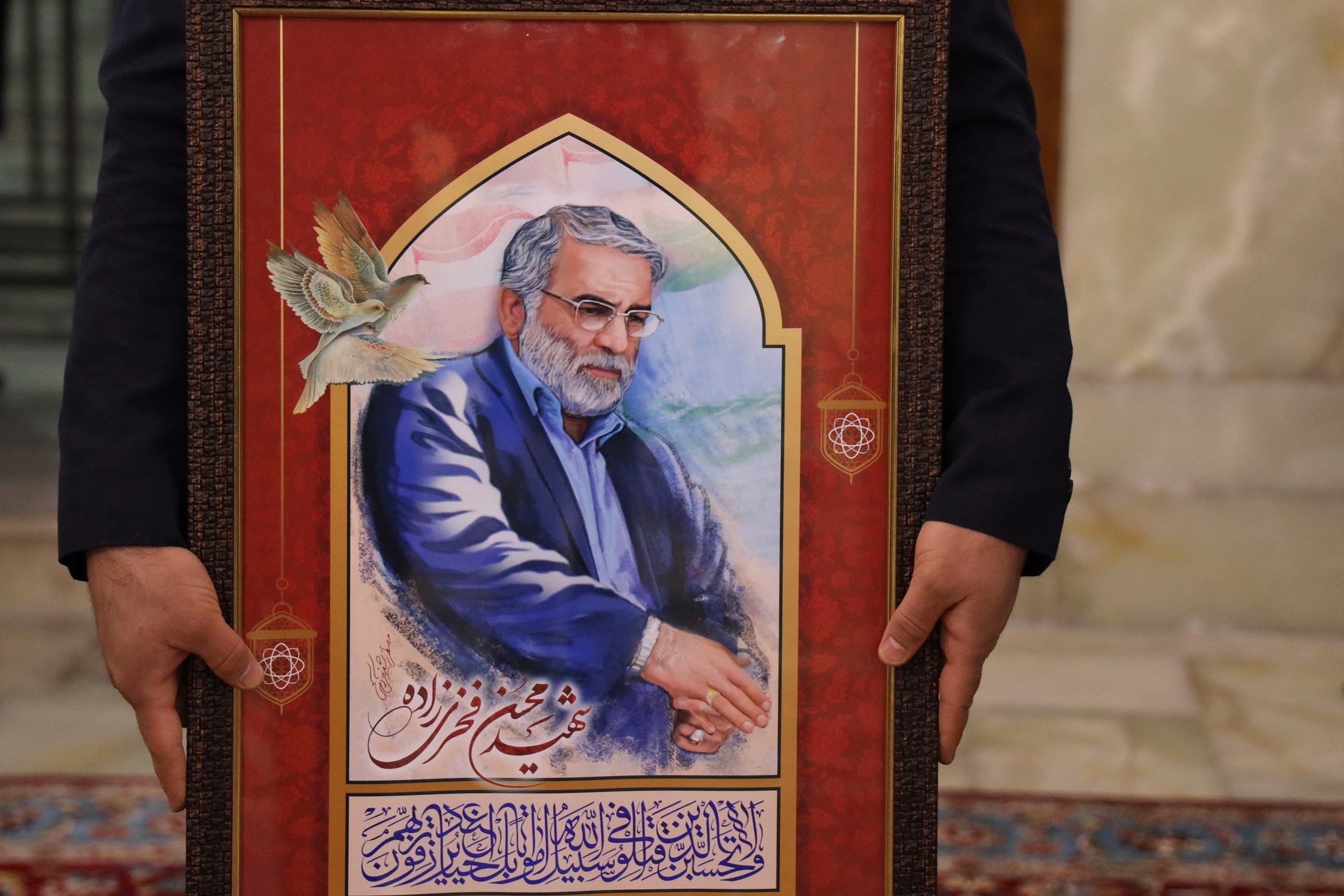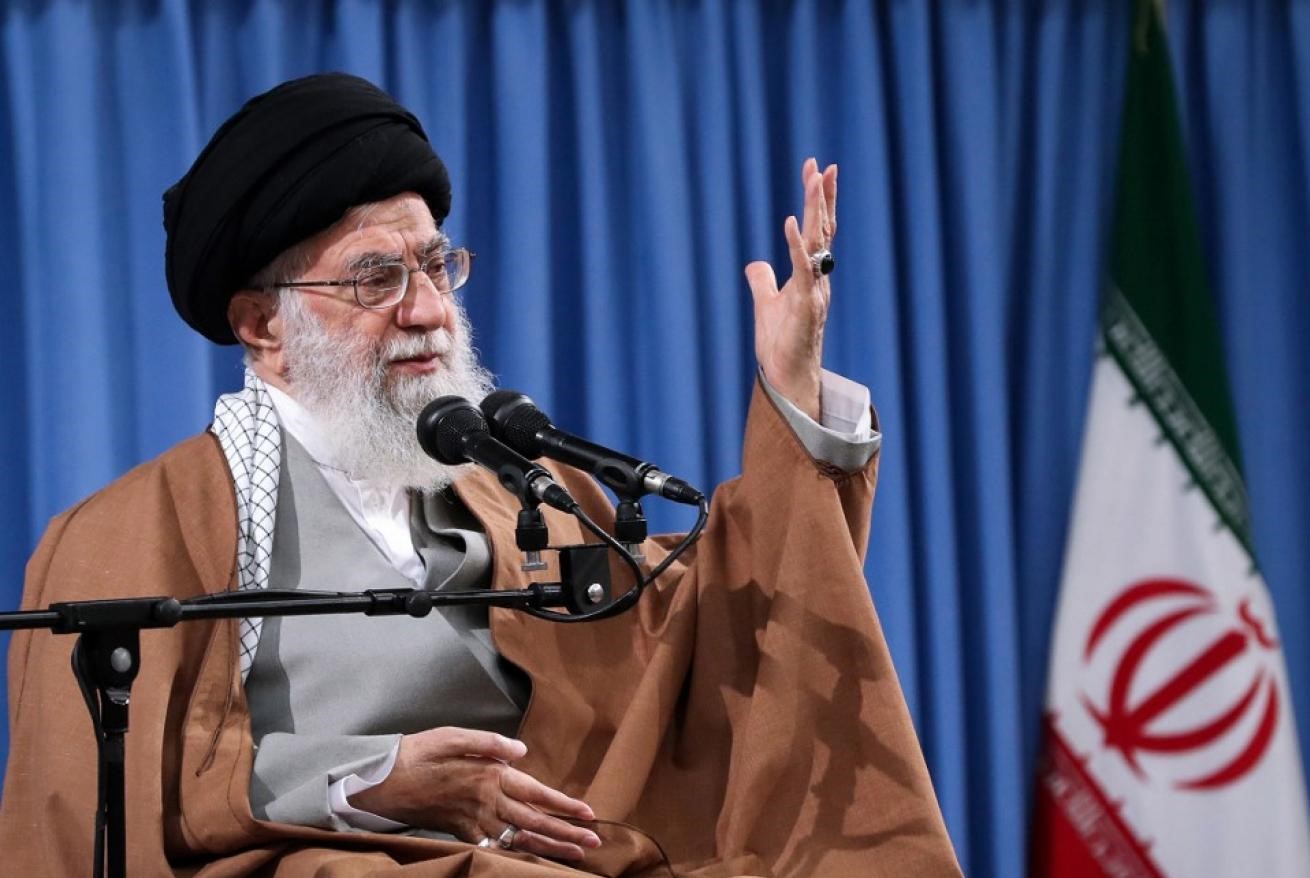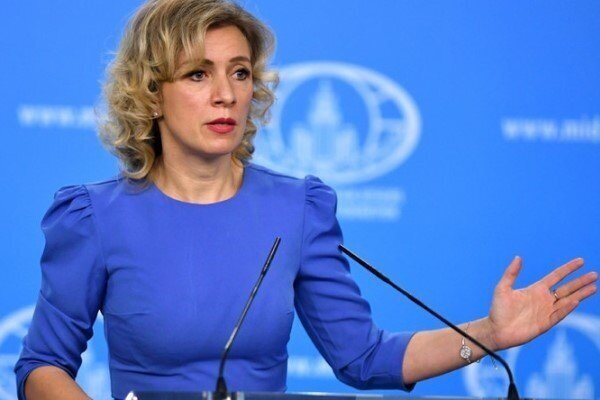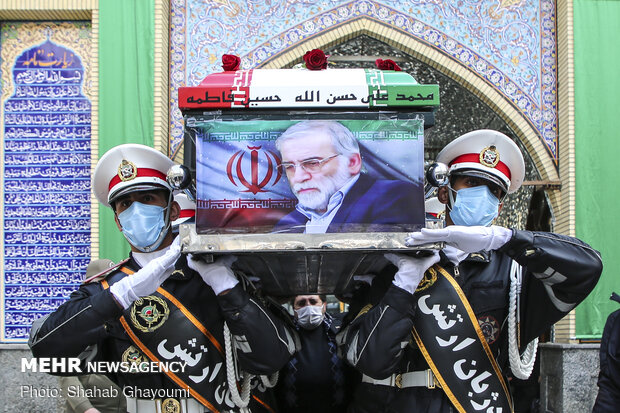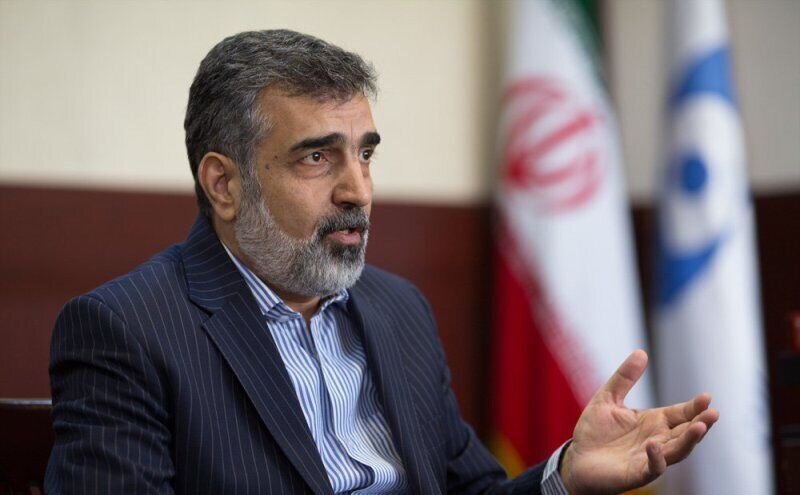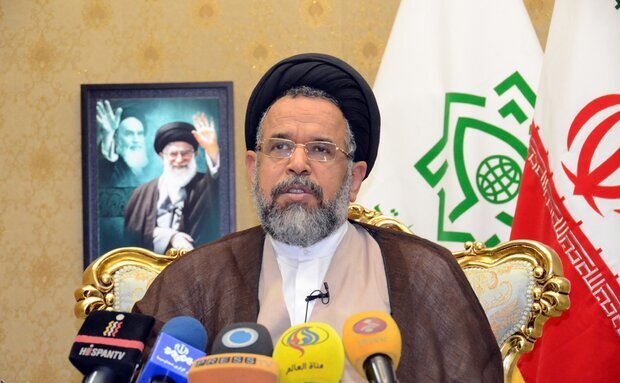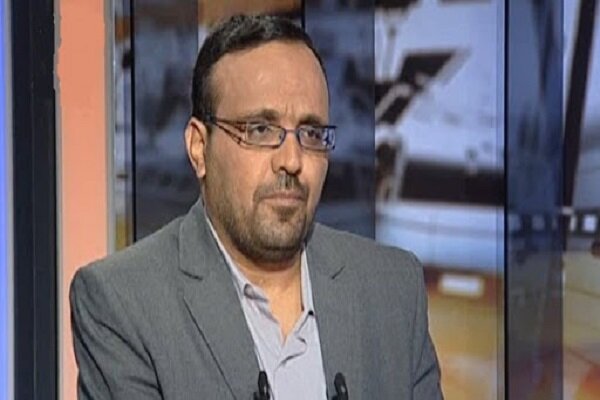Seyed Hossein Mousavian
Biden needs to revive the JCPOA, remove Iran’s Revolutionary Guard from the US terror list, and lift the sanctions against Iran’s high officials
Iran’s top nuclear scientist, Mohsen Fakhrizadeh, was assassinated last week. Three unidentified American officials told the New York Times that Israel was behind Fakhrizadeh's assassination during an ambush near Iran’s capital, Tehran.
Just a few days prior to the assassination, Israeli Prime Minister Benjamin Netanyahu, the crown prince of Saudi Arabia, Mohammed bin Salman, and US Secretary of State Mike Pompeo held a secret nighttime rendezvous in the middle of the Arabian desert to push for covert operations and tightening of economic sanctions during President Donald Trump’s final weeks in office, the Israeli sources revealed.
Second to the assassination of Major-General Qassem Soleimani last January, this latest killing is the most grotesque and inhumane use of violence against Iranian officials in the post-JCPOA era. Not only was Fakhrizadeh a major nuclear scientist, but he also played a crucial role in developing domestic Covid-19 test kits and vaccines to help the country deal with the pandemic. In the years before the Joint Comprehensive Plan of Action (JCPOA) was signed, Israel engaged in gruesome acts of terror, assassinating five Iranian nuclear scientists who are now Iran’s revered martyrs. Those included: Ardeshir Hosseinpour, Masoud Alimohammadi, Majid Shahriari, Darioush Rezaeinejad, and Mostafa Ahmadi Roshan. Israel also attempted to assassinate Fereydon Abbassi, Iran’s head of the Atomic Agency, but it failed.
A realistic view
The timing of this assassination is not coincidental. US President-elect Joe Biden has announced that his administration would return to the JCPOA. "I will offer Tehran a credible path back to diplomacy. If Iran returns to strict compliance with the nuclear deal, the United States would rejoin the agreement as a starting point for follow-on negotiations," Biden stated. The goal of the attack was to stymie this policy.
Equally importantly, Iranian President Hasan Rouhani said that solving the problems between Iran and the US "will be very easy" if the Biden administration makes efforts to return to the situation that existed prior to 20 January 2017, when Trump was sworn in as the new US president. Rouhani added that "Iran's policy has been to meet obligations with obligations, actions with actions and de-escalation with de-escalation."
Fakhrizadeh's assassination was aimed at blocking Biden's intention of offering Iran 'a credible path back to diplomacy'
Iran’s Supreme Leader Ayatollah Khamenei, however, has taken a different position: "by negotiating for a few years, we tried but to no use". This statement clearly demonstrates that the supreme leader is extremely suspicious that negotiations will ever bode well for Iran. The Trump administration’s withdrawal from the JCPOA and crimes such as the assassination of Soleimani and Fakhrizadeh are further testament that the supreme leader’s views on this matter are more realistic than those of Rouhani.
While both the United States and Iran face tremendous domestic obstacles in reviving the JCPOA, the "return to Iran deal" policy as proposed by Biden has terrified both Netanyahu and MBS to the effect that they had to get together in an unprecedented meeting in Saudi Arabia. To be sure, they have done what they could and will continue to do so to prevent the Biden administration from re-joining the JCPOA.
Fakhrizadeh's assassination was aimed at blocking Biden's stated intention of offering Iran "a credible path back to diplomacy" as a step toward the United States rejoining the nuclear accord.
Iranian political scene
It seems that Biden views the return to the JCPOA as a prelude to the broader process of negotiations with Iran on other issues such as ballistic missile capability and its role in the region. But Biden must pay attention to the realities of the Iranian political scene.
In the 2020 parliamentary elections, the Principalists (conservative) faction achieved an unprecedented victory by winning 221 out of 291 seats in the Iranian parliament. Many reformist candidates were excluded by the Guardian Council. The Trump administration’s ill-advised policy of maximum pressure followed by the imposition of the toughest economic sanctions in modern history has left the Iranian people in the worst economic situation since the 1979 revolution. The upshot was an outright disappointment of the moderate forces with respect to negotiations with the United States.
Hence, it is predictable that the next Iranian president is likely to be from the Principalist faction in the upcoming 2021 election.
While in Tehran, I got a chance to talk to some of the Principalists politicians about the US election. They believe that Republicans and Democrats are both after regime change in Iran; a Democratic administration is more complex and dangerous at the same time because, unlike Trump, it takes a multilateral approach to pressure Iran.
This makes it more challenging to work with such an administration. As a result, they believe Iran should eschew negotiating with the Biden administration on a whole host of issues including the JCPOA, ballistic missiles, regional issues and more.
The inauguration of the new US president will coincide with the launch of candidates' presidential campaigning for Iran's upcoming election in June. It seems clear that by the time Biden is sworn into office, President Rouhani will be in his final months of office. Expecting his administration to achieve any big deal with respect to US-Iran relations is unrealistic, other than moving to revive the JCPOA.
For the Rouhani administration, reviving the JCPOA is as important as it is for Biden and his team. Let’s not forget that like Biden, his likely secretary of state Tony Blinken and national security chief Jake Sullivan have been and remain strong supporters of the JCPOA, and even participated in its formation.
Here, Biden should not lose sight of three key points.
Suspend the sanctions
First, for the remaining period of the Rouhani administration, the US return to the JCPOA should not be with pre-conditions and contingent on extending it to issues beyond Iran’s nuclear issue. Such an approach will set back the negotiation process to revive the JCPOA, since containing the anti-American feelings among Iranians in the aftermath of the assassination of Soleimani and Fakhrizadeh is no easy task.
Containing the anti-American feelings among Iranians in the aftermath of the assassination of Soleimani and Fakhrizadeh is no easy task
Second, the JCPOA should be implemented comprehensively. When the JCPOA was signed, the US primary sanctions hindered its correct implementation and precluded the full delivery of economic benefits to Iran.
Hence, in order for Iran, the US and other world powers to fully comply with the terms and conditions of the JCPOA, the US's primary sanctions should be suspended.
Third, regional issues such as conventional and unconventional arms should be addressed regionally, collectively through a multilateral approach. Saudi Arabia has Chinese-made missiles with a range of up to 5,000 kilometres in addition to a secret nuclear programme. Israel has its Jericho missile with a 5,000-kilometer range that can carry a one-ton nuclear warhead and hundreds of nuclear weapons. Western hue and cry is about the Iranian missiles with a maximum range of 2000 km and a nuclear programme with zero nuclear bombs.
What should Biden do?
It is very likely that Iran’s next president-elect will be from the Principalists faction, which will then have a chance to create a unified government in Iran, given that the parliament is also dominated by the Principalists.
This united government led by Principalists will certainly have more decision-making autonomy because it is more trusted by Iran’s supreme leader. Moreover, the supreme leader is the ultimate decision-maker on foreign policy, and like the US Central Command, the Revolutionary Guard plays a key role on regional issues.
To open doors for engaging with the next Iranian administration on other issues beyond the nuclear question, Biden needs to revive the JCPOA, remove Iran’s Revolutionary Guard Corps from the list of terrorist organisations, and abolish the sanctions against Iran’s high officials including Iran's supreme leader.


